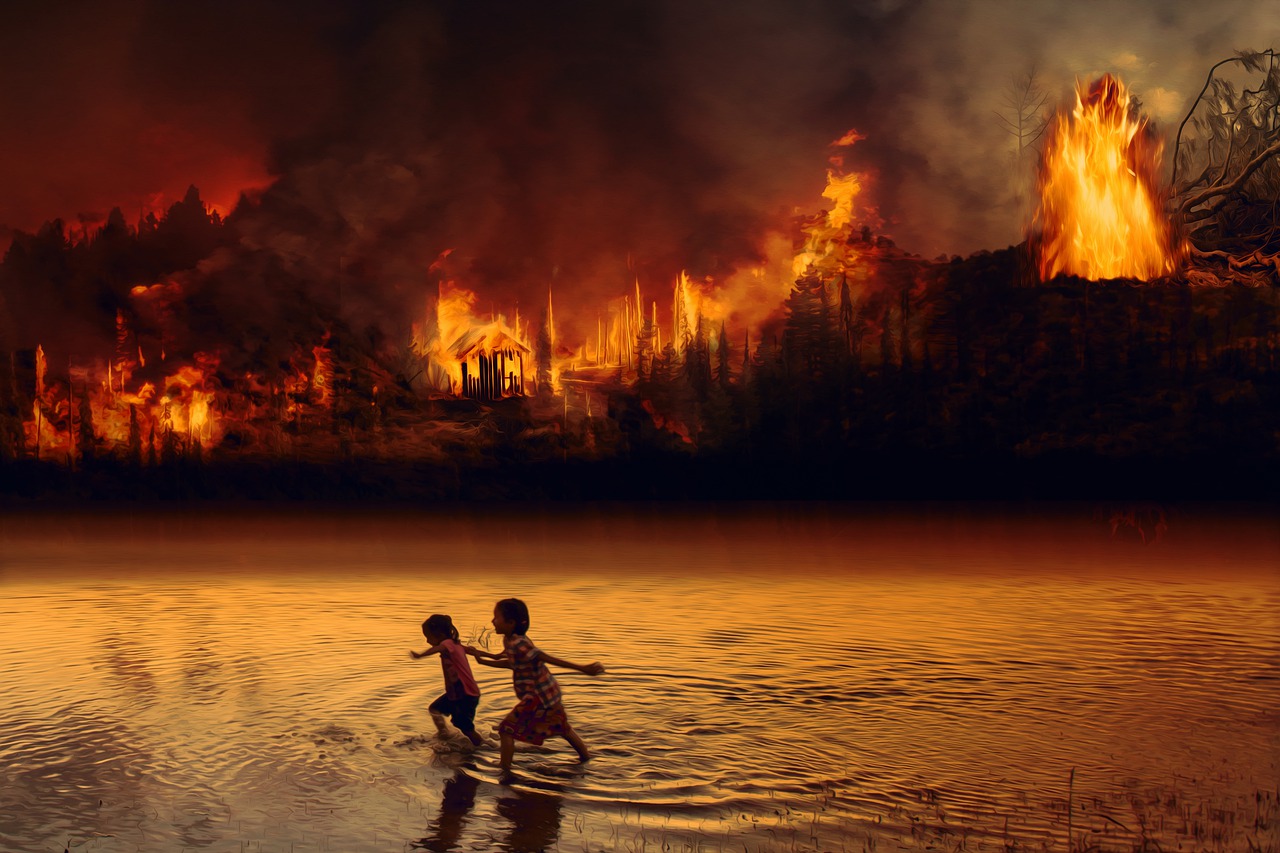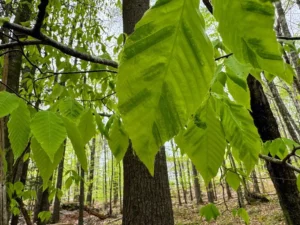For weeks now the fires spreading across the Amazon rainforest in Brazil have been in the headlines. The number of fires and destruction occurring in the Amazon are record breaking
“57,500 fires have been set in the Brazilian portion of the Amazon in 2019; nearly 7,200 sq. mi. (18,700 sq. km.) of forest are currently burning, larger than the combined area of Connecticut and Rhode Island; another 2,800 sq. mi. (7,250 sq. km) or so have been put to the torch in neighboring Bolivia.”
These fires are a direct result of man made interference, and were caused by workers and farmers burning acres worth of rainforest in order to expand farming and ranching land. However, the majority of farmers and ranchers practice monoculture farming, a system of growing only using one or maybe two different varieties of plants or animals. This type of farming often leads to a rapid depletion of soil nutrients, and without fertile soil farmers burn more jungle and head deeper into the jungle in order to access fertile Earth.
The rapid loss of jungle in the Amazon represents a great loss of flora and fauna as well as one of our greatest tools in the fight against climate change
“The Amazon removes up to 2 billion tons of carbon dioxide from the atmosphere every year, about 5% of total emissions caused by human activity, Nobre explains. Without the Amazon, the planet would be warming faster than scientists already observe. “If we lose most of this carbon stored in the vegetation, we are not going to meet the targets of the Paris accord of 2 degrees Celsius maximum warming, or preferably 1.5 degrees Celsius,” Nobre says.”
If the fires in the Amazon continue to burn the results would be catastrophic. Scientists theorize that if more than 20-25% percent of the Amazon is burned and destroyed than over the next 20-30 years approximately 60% of the Amazon will be destroyed and we will lose one of Earth’s greatest treasures. To put this serious issue into context it is estimated that approximately 15-17% of the rainforest has already been lost. If you feel inclined to help protect and preserve the Amazon there are many organizations working tirelessly to save it, and one of the first steps in solving the problem is to educate yourself and others about its significance.






